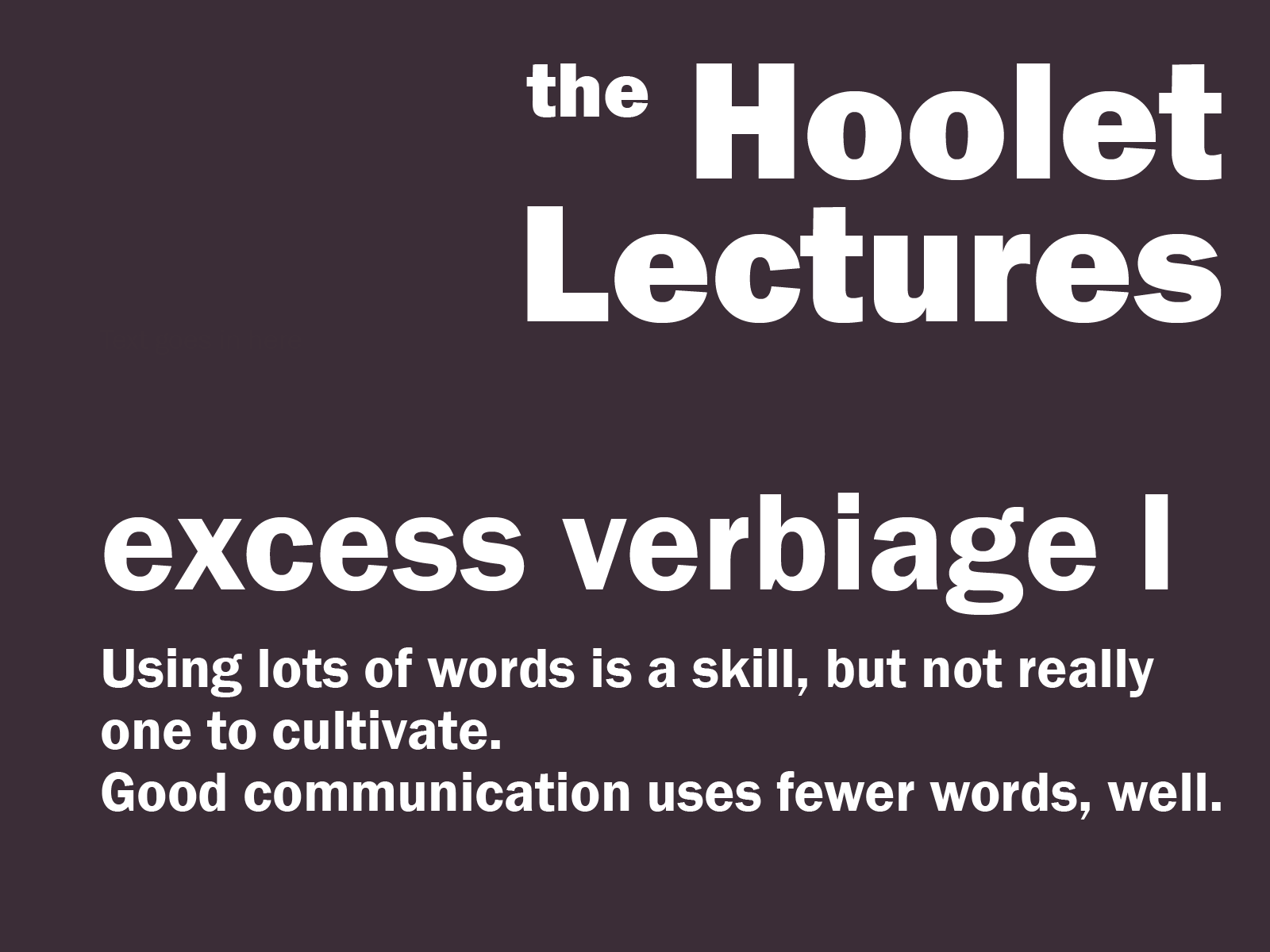Act sustainability: save words.
While not (yet) in short supply, using fewer words definitely saves the reader’s energy.
Fight the waffle. Be succinct, be clear, use plain English.
Anyone got any examples that grind their gears?
Okay, we’ll start.
- “Due to the fact that…” – use “because”
- “For the purpose of…” – to
- “In the event that…” – if
- “A period of time…” – time
- “In the majority of…” – say “most”
And take out words that mean the same, so the needless repetition in “important essentials” or “cooperate together”. So instead of “we need to add additional financial funding”, you have “we need to add funding”.
And think of the ink we might save!
- There is an octopus sitting on top of my car. [10 words]
- An octopus is sitting on my car. [7 words]
- This is actually an interesting question. [6 words]
- This question is interesting. [4 words]
Here are some helpful words from the Plain English Campaign
- Stop and think before you start writing. Make a note of the points you want to make in a logical order.
- Prefer short words. Long words will not impress your customers or help your writing style.
- Use everyday English whenever possible. Avoid jargon and legalistic words, and always explain any technical terms you have to use.
- Keep your sentence length down to an average of 15 to 20 words. Try to stick to one main idea in a sentence.
- Use active verbs as much as possible. Say ‘we will do it’ rather than ‘it will be done by us’.
Be concise. Imagine you are talking to your reader. Write sincerely, personally, in a style that is suitable and with the right tone of voice.
And always check that your writing is clear, helpful, human and polite.
Delivered to you as part of #TheHooletLectures – regular helpful pointers that we try not to let descend
into a general rant. But we don’t make any promises.
Hoolet is a strategic communications consultancy. Come say hello on Twitter at @hoolet_hoots, or follow us on LinkedIn. You can read more blogs here.

